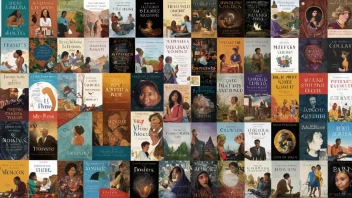Reading plays a crucial role in the growth and development of children, shaping their minds and influencing their futures. As parents and educators, understanding the multifaceted benefits of reading can help foster a lifelong love of literature in children. From enhancing cognitive skills to nurturing emotional intelligence, the importance of reading goes beyond mere entertainment. Here are five key reasons why reading is essential for child development.
Cognitive Development
Engaging with books stimulates a child’s brain, promoting cognitive development in numerous ways. When children read, they are exposed to new vocabulary and complex sentence structures, which enhance their language skills. This exposure not only improves their ability to communicate but also fosters critical thinking skills. The act of deciphering text and understanding the storyline encourages children to think analytically and make connections, laying the groundwork for problem-solving abilities.
Imagination and Creativity
Reading opens a window to countless worlds and experiences. Through literature, children embark on adventures, explore different cultures, and encounter unique characters. This exposure fuels their imagination and creativity, allowing them to envision scenarios beyond their everyday lives. When children read fiction, they learn to think outside the box, which can enhance their ability to innovate and create in various aspects of life, from art to science.
Emotional Intelligence
Literature often delves into complex emotional landscapes, which can help children understand their own feelings and the emotions of others. By reading about characters that face challenges, make decisions, and experience a range of emotions, children can develop empathy and social awareness. This emotional intelligence is critical as it prepares them for interpersonal relationships and helps them navigate social situations more effectively.
Building Concentration and Discipline
In an age of distractions, reading provides a unique opportunity for children to practice concentration and discipline. Committing to a book requires focus, which can teach children the value of patience and perseverance. As they follow a narrative from beginning to end, they learn to engage deeply with content, a skill that is valuable not only in academics but also in everyday tasks and responsibilities.
Academic Success
A strong foundation in reading is directly linked to academic achievement. Children who read regularly often perform better in school, as reading enhances comprehension skills and knowledge retention. Furthermore, a habit of reading can instill a love for learning, encouraging children to seek knowledge beyond the classroom. This intrinsic motivation can lead to lifelong educational pursuits and a more profound understanding of the world around them.
In conclusion, reading is not just a pastime; it is a vital component of child development that influences cognitive skills, emotional growth, discipline, creativity, and academic success. By nurturing a love for reading early on, parents and caregivers can equip children with the tools they need to thrive in all aspects of life. Encouraging children to immerse themselves in books will undoubtedly pay dividends in their personal and academic journeys.






